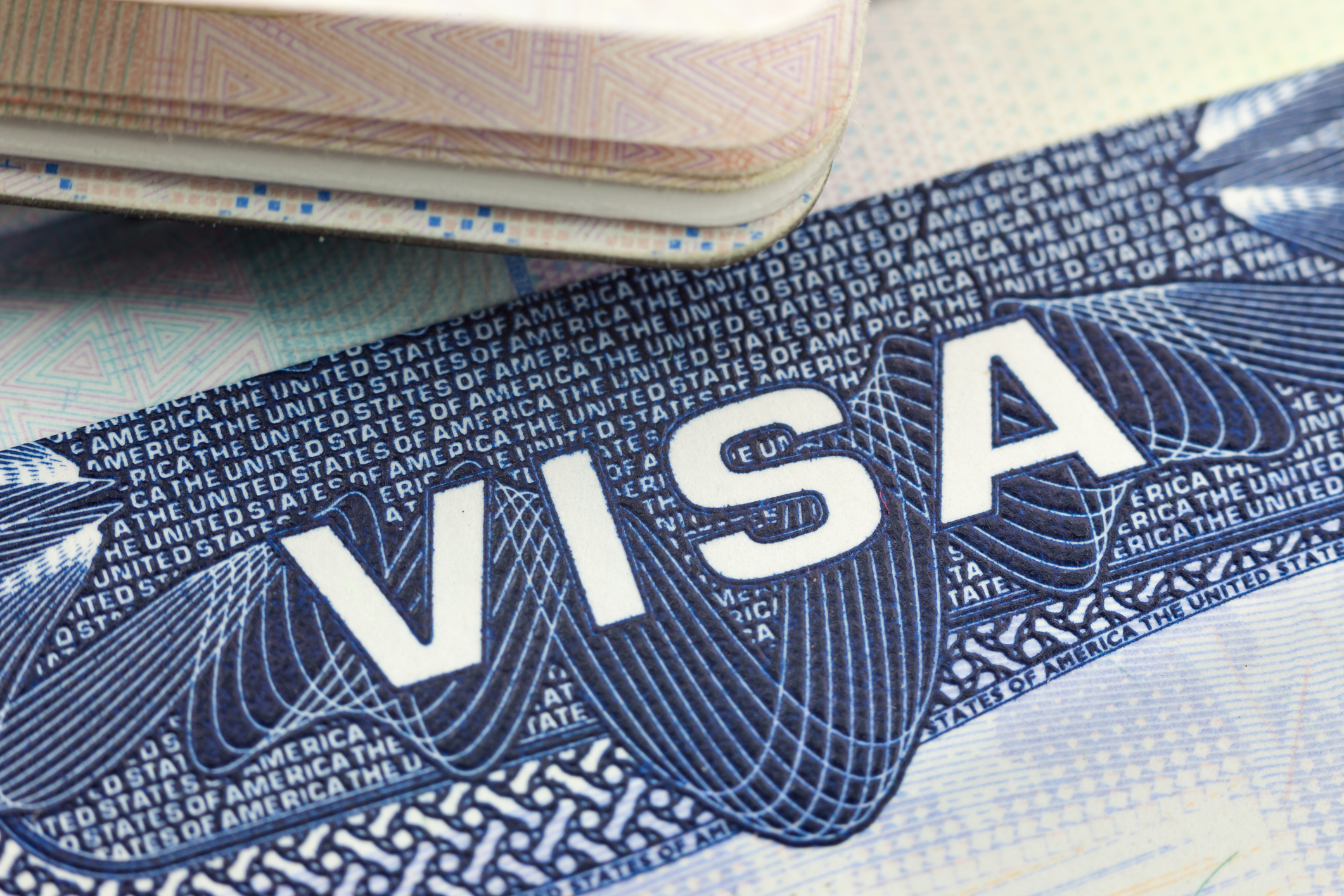
By Marcelo Jauregui-Volpe
When Xiao Chen arrived at the United States Consulate in Shanghai on May 29, she was hopeful that her visa application would be accepted, since she had received an acceptance letter from a university in Michigan.
Things didn’t go as planned, she told the BBC, and staff at the consulate informed her that her visa application was rejected, without providing a reason.
The BBC also reported that Chen’s consulate visit happened mere hours after Secretary of State Marco Rubio announced that the United States will “aggressively revoke visas for Chinese students.” In the statement, Rubio added that the students they would target are “those with connections to the Chinese Communist Party or studying in critical fields” and that the State Department will review future visa applications from China with more scrutiny.
Rubio’s statement was the latest in a series of announced plans from the Trump administration that could severely restrict international students from coming to the United States.
On May 27, Rubio reportedly ordered United States embassies and consular sections to pause scheduling interviews for student visa applicants in anticipation of a possible expansion of social media vetting for all prospective foreign students.
In the latest exchange between the Trump administration and Harvard University, the Department of Homeland Security (DHS) announced on May 22 that it was terminating the university’s Student and Exchange Visitor Program (SEVP) certification, which allows institutions to host international students. Harvard sued the Trump administration, which resulted in a federal judge temporarily blocking the ban on enrolling international students.
In a statement, AAU President Barbara R. Snyder denounced DHS’s revocation of Harvard’s SEVP certification, saying that the move was a “cruel and unwarranted disruption to the lives and education of talented students whose energy and creativity benefit our country tremendously.”
President Snyder added: “Ultimately it is our country’s future – its leadership in science and innovation and its prosperity – that is threatened by this unforced error. U.S. businesses will lose since peer nations – both allies and competitors alike – are happily rolling out the red carpet to welcome the world’s brightest students and most innovative scholars in order to reap the benefit from America’s brain drain.”
Several nations have already designed programs to attract American scientists whose research has been hindered by the Trump administration’s cuts to science and health agencies.
The Trump administration has also proposed policies that could impede international students from staying in the United States after graduation. During a confirmation hearing on May 21, President Trump’s nominee for director of U.S. Citizenship and Immigration Services floated the idea of eliminating the Optional Practical Training program for foreign students who have recently completed their studies.
A day before DHS attempted to revoke Harvard’s SEVP certification, the National Foundation for American Policy (NFAP) published a policy brief titled, “The Importance of Immigrants and International Students to Higher Education in America.” The brief utilizes multiple data sources to paint a broad picture of just how important international students are for higher education in the United States—including helping American-born students succeed.
According to the brief, “[w]ithout immigrants, international students and the children of immigrants, the undergraduate student population in America would be almost 5 million students smaller in 2037 than 2022...while the graduate student population would be at least 1.1 million students smaller." This drop in the student population would likely result in the closure of colleges and universities, "resulting in fewer educational opportunities for U.S. students, fewer higher education-related jobs in many states and towns and fewer college-educated workers.”
The brief also highlighted the long-term economic impact of losing international student enrollment. After graduation, students who remain in the country continue contributing to the economy and boost American innovation and scientific advancement. Seventy-five percent of immigrants who have founded companies in the United States attended an American university, and international students are more likely to major in STEM (science, technology, engineering, and mathematics) and go on to work in that field, according to the brief.
Marcelo Jauregui-Volpe is editorial and communications assistant at AAU.